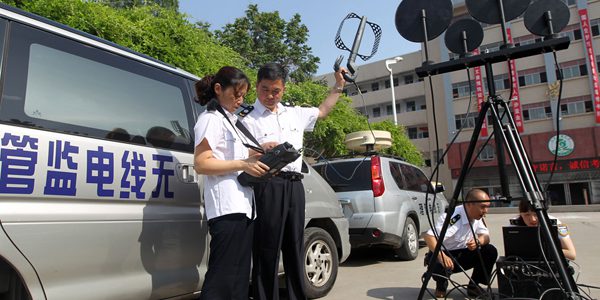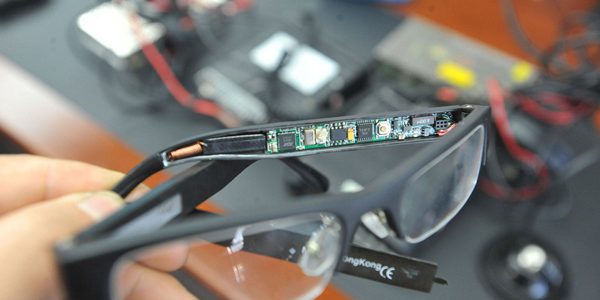On June 12, Xi Jinping, Chairman of the Central Military Commission, authorized the issuance of the “August 1 Medal” to the People’s Liberation Army’s (PLA’s) staff. August 1 is the PLA’s Army Day.
This is the third time that the PLA will be awarded medals. The previous two times were in 1955 and 1988, by Mao Zedong and Deng Xiaoping, respectively.
Source: Xinhua, June 12, 2017
http://news.xinhuanet.com/politics/2017-06/12/c_1121128933.htm




